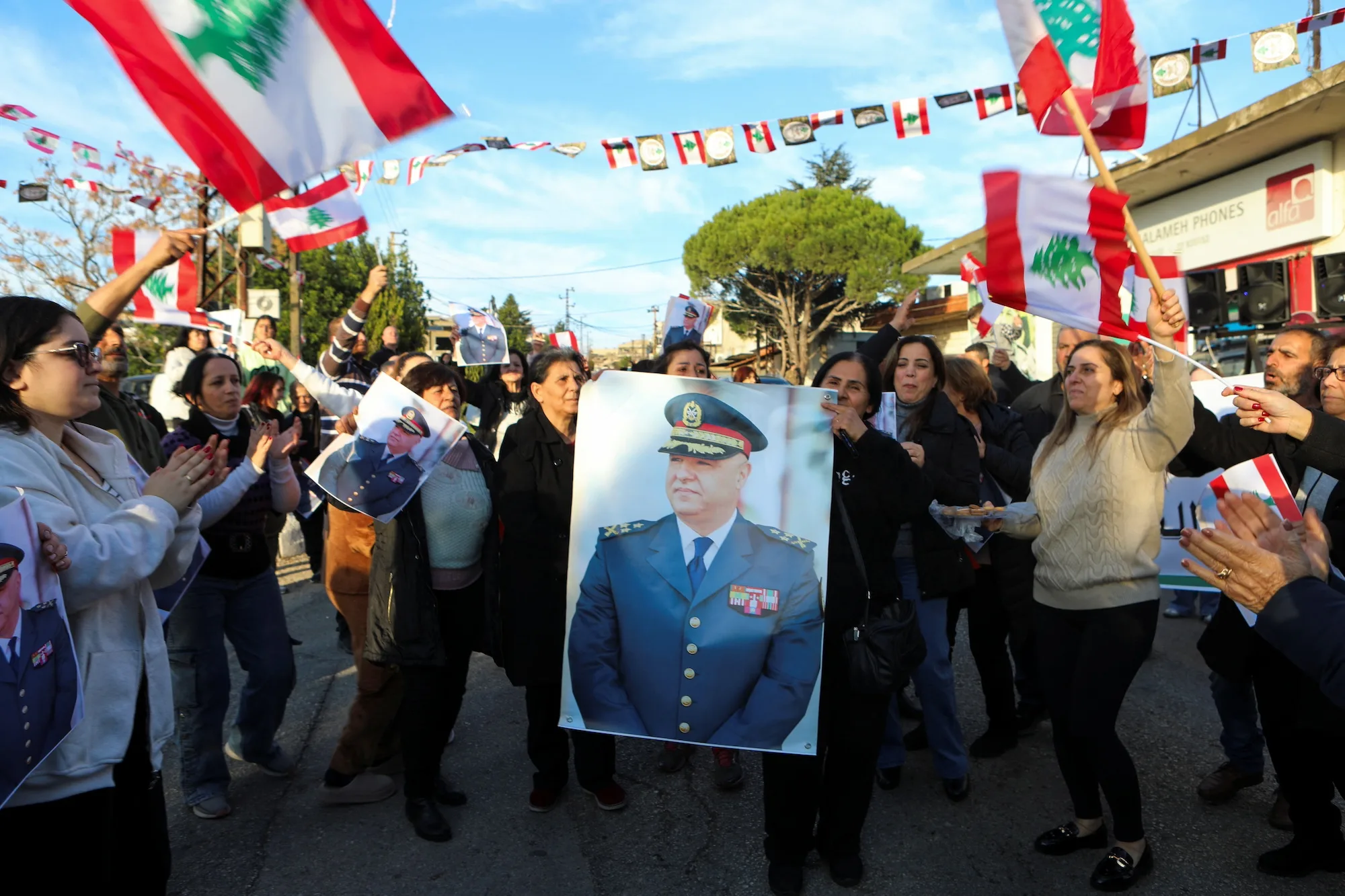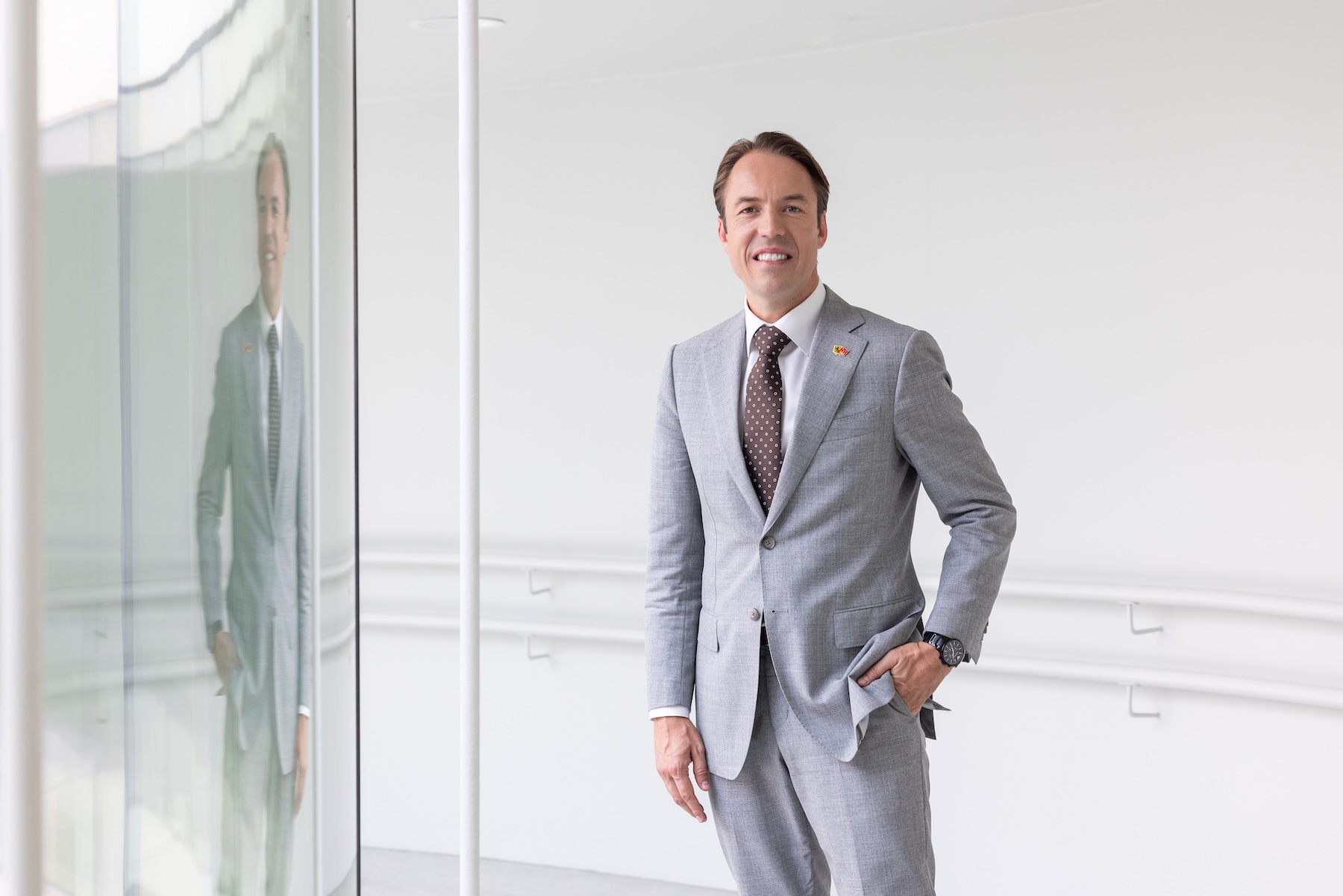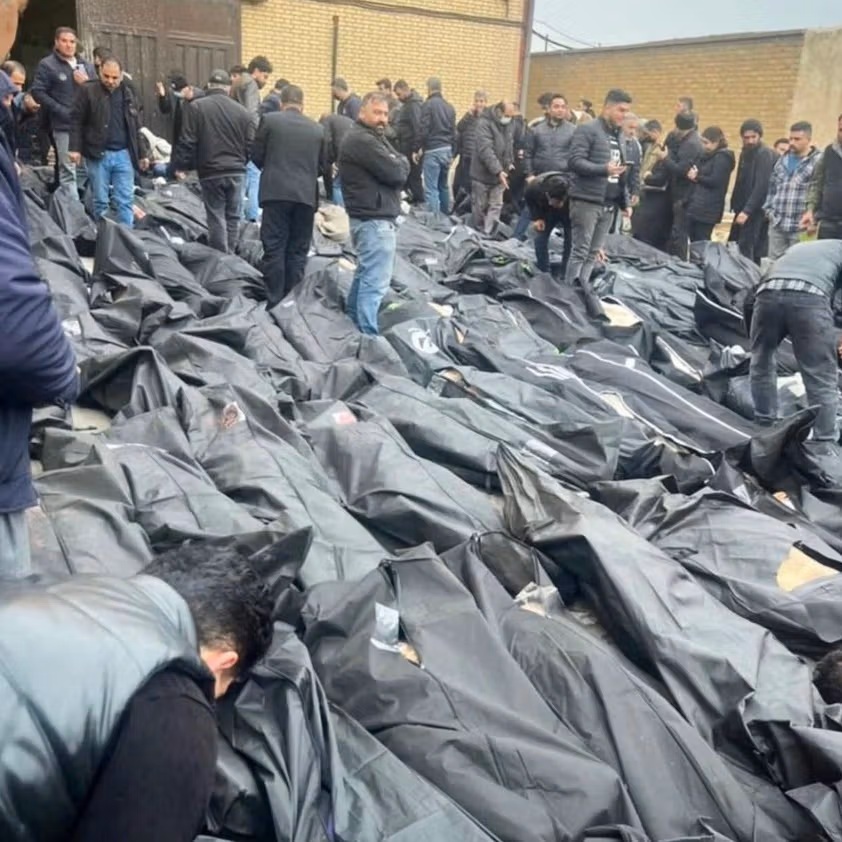
In his address to the United Nations (2023), Israeli Prime Minister Benjamin Netanyahu unveiled the India-Middle East-Europe Economic Corridor (IMEC) vision as "a new corridor of peace and prosperity". The IMEC promises to connect the North and the South, fostering economic growth and regional cooperation. Bold ambitions require a stable Lebanon and normalisation between Israel and Saudi Arabia. Without addressing these, the corridor risks becoming another unrealised dream in a tumultuous region.
By Ahmad Ghosn
For Israel to successfully anchor the IMEC corridor, it must first ensure its security and stability. The four key elements shaping Israel’s security landscape are as follows:
Jordan: Since signing the peace treaty with Israel in 1994, Jordan has been a reliable partner. Its strategic location and role as a buffer state make it an indispensable ally in maintaining regional stability.
Syria: The fall of the Assad regime fundamentally altered the balance of power in the region. A post-Assad Syria could potentially eliminate Iran’s influence, severing the supply lines connecting Hezbollah to Tehran. Such a scenario would neutralise one of the most significant threats to Israeli security.
Resistance Movements: The events of October 7, which led to a devastating conflict in Gaza, have significantly weakened Hamas. With thousands killed and infrastructure decimated, Hamas is unlikely to pose a substantial threat to Israel for the next decade. This reprieve allows Israel to focus on more significant regional initiatives like the IMEC corridor.
Normalisation with Saudi Arabia: Perhaps the most pivotal element, normalisation between Israel and Saudi Arabia, promises economic and strategic cooperation. Some academics, like Khaled OdetAllah, see that the strategic goal of the Israeli war on Gaza wasn't essentially to destroy Hamas but to normalise relations with KSA.
Riyadh's participation in the corridor is essential, as it connects critical economic hubs across the region.
Lebanon’s Critical Role
At the heart of this vision lies Beirut, a city that has historically served as an Israeli nightmare. However, Lebanon’s political instability and its entanglement with regional conflicts present a significant challenge.
The previous administrations under President Michel Aoun and Prime Minister Najib Mikati were perceived as closely aligned with Hezbollah, the dominant resistance movement in Lebanon.
Hezbollah’s involvement in the October 8 escalation, under the banner of supporting Gaza, drew Lebanon more plunging into the region’s geopolitical maze. This occurred amidst a presidential vacuum and a fragile political system, further complicating the country’s recovery.
Recognising the need for stability, regional and international stakeholders have pushed for a government that balances competing interests. The election of former Army Commander Joseph Aoun as president and the appointment of Nawaf Salam, a former president of the International Court of Justice (ICJ), as prime minister reflect this strategy. These leaders are neither firmly aligned with Hezbollah nor hostile to it, offering a pragmatic path forward.
The Stakeholders’ Strategy
Stakeholders in Lebanon are faced with two distinct scenarios. Either Lebanon remains under the control of Hezbollah, leading to a "Resistance Lebanon", which means a big threat to Israel, or it transitions to a sovereign, institutionally strong nation.
The inequality in power between Hezbollah and its domestic opponents has pushed away the third scenario: to invest in the March 14 alliance to challenge Hezbollah’s dominance and push away the threat that they pose to Israel.
For the first time in modern Lebanon’s history, stakeholders have opted for leadership outside the traditional political system. This decision reflects an effort to create a Lebanon that aligns with Netanyahu's vision of a "New Middle East" at the UN General Assembly.
The goal is not to confront Hezbollah through conflict but to present a better Lebanon—one that Hezbollah cannot justifiably oppose. A stable Lebanon equates to a stable Middle East.
President Joseph Aoun echoed this sentiment in his inaugural speech: “I have been elected as a president amid a Middle Eastern earthquake, in which alliances have cracked, regimes have fallen, and borders may change.” His commitment to rapid parliamentary consultations to appoint a prime minister who is “a partner in responsibility, not an opponent” reflects an urgency to foster a strong, empowered Lebanon.
Aoun emphasised the importance of the state’s monopoly over arms, asserting his role as Commander-in-Chief of the Armed Forces to “invest in the army, control borders, and implement international resolutions.”
His pledge to rebuild areas affected by conflict and pursue a national defence strategy aligns with the vision of satisfying Hezbollah on the one hand and limiting its military activity on the other.
Saudi Arabia and the Regional status quo
While Lebanon’s stability is crucial, the IMEC corridor also hinges on Saudi Arabia’s participation. Riyadh’s Vision 2030 plan emphasises economic diversification and a more independent foreign policy, making the corridor attractive.
As Israeli National Security Advisor Tzachi Hanegbi described, the corridor represents a transition from a shot in the dark to a realistic opportunity with tangible goals.
However, Riyadh's view is not without reservations. Ahmed Aboudouh noted in Chatham House that Saudi Arabia’s priorities may not always align with Israel’s, particularly when navigating complex regional dynamics. Both nations must find common ground for the corridor to succeed, transcending historical animosities.
The IMEC corridor is more than an infrastructure project; it is a geopolitical endeavour that seeks to reshape the Middle East. Its success depends on two intertwined factors: a stable Lebanon and normalised relations between Israel and Saudi Arabia. Stabilising Beirut is not merely a Lebanese concern but a regional imperative that holds the key to broader economic and strategic integration.
President Joseph Aoun’s inaugural vision provides a framework for Lebanon to transition from a fragile state to a cornerstone of regional stability. His focus on institutional strength, neutrality, and defence reflects a commitment to addressing Lebanon’s internal and external challenges.
For Israel, the corridor represents an opportunity to anchor its role in a "New Middle East." However, this vision cannot be realised in isolation. It requires cooperation, compromise, and a shared commitment to regional stability.
As the world watches, the future of the IMEC corridor may well be decided not in Jerusalem or Riyadh but in the streets of Beirut.





